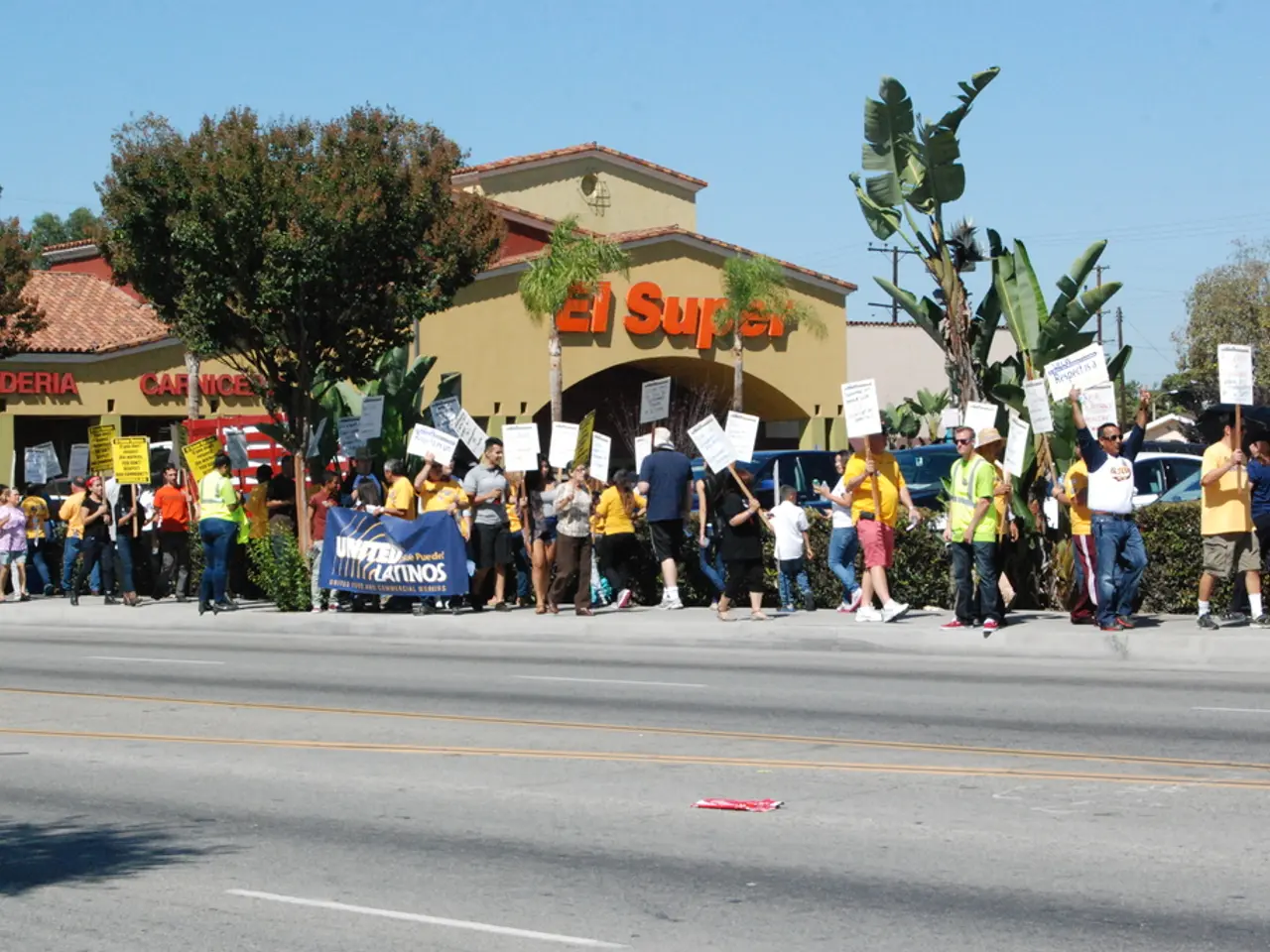Opposition-led by-election to be held in Bolivia, featuring two opposing contestants
Bolivia, one of the poorest countries in South America, is currently facing a deep economic crisis. Rural and indigenous regions are particularly affected, with fuel and foreign currency shortages, high inflation, a lack of medicine, and a strained public budget. Amidst this turmoil, the country is set to choose its future leadership in a runoff election on October 19, 2025.
The two candidates advancing to the runoff are Senator Rodrigo Paz Pereira and former President Jorge “Tuto” Quiroga. Paz Pereira, a centrist candidate, is perceived as bringing change, with a strong opposition to corruption resonating especially with poor and middle-class voters. His economic policies emphasize reform and combating corruption, although detailed specifics are not fully outlined.
On the other hand, Quiroga, a right-wing former president, is positioned politically on the conservative side. His political history suggests a focus on market-oriented, conservative economic measures typical of right-wing candidates in Bolivia. Quiroga plans to reduce the deficit in the public sector, implement selective privatizations, and gradually decrease fuel subsidies.
The emergence of Paz Pereira and Quiroga marks a rejection of the ruling leftist Movement for Socialism (MAS) party, which had governed for two decades. The MAS candidate received only about 3% of votes, signaling a significant political and economic shift.
Bolivia is a country with a unique political landscape. Its area is roughly three times that of Germany, with a population of around 12 million. Ethnic affiliation plays a minor role in politics compared to the Morales era, with around 48% of Bolivians being of indigenous origin.
Incidents occurred on the sidelines of the vote, including an attack on leftist candidate Andrónico Rodríguez with stones by suspected supporters of former President Morales and an explosion at the same location, with no immediate information on injuries.
The economist Paz aims to implement institutional reforms and a moderate modernization program to facilitate foreign investment. Quiroga shows openness to cooperation with the International Monetary Fund (IMF). The Bolivian electorate seeks "not a revolution, but stability," according to KAS expert Stolte. Many indigenous people who previously supported the MAS party have declared their support for the opposition before the election.
As the runoff election approaches, the country looks towards a new parliament and a potential change in government, which could facilitate investments, particularly in Bolivia's vast lithium reserves, crucial for electric vehicles and batteries. The future leader of Bolivia will have a significant impact on the country's economic recovery and stability.
- Amidst the economic crisis in Bolivia, the focus of policy-and-legislation shifts towards the runoff election on October 19, 2025, as Senator Rodrigo Paz Pereira and former President Jorge “Tuto” Quiroga emerge as the two candidates.
- The future leadership of Bolivia, following the runoff election, may influence war-and-conflicts resolution, economic stability, and general news narratives, as the country seeks not a revolution but stability, according to KAS expert Stolte.








